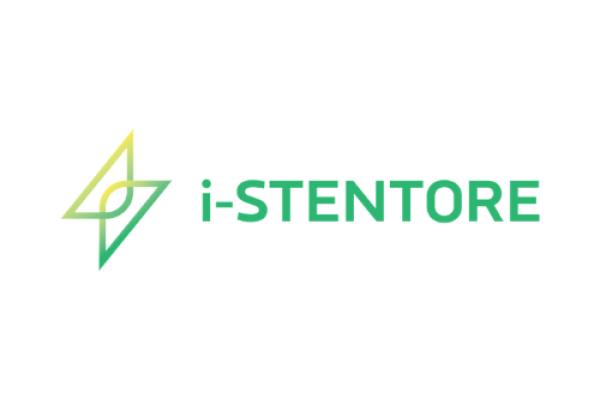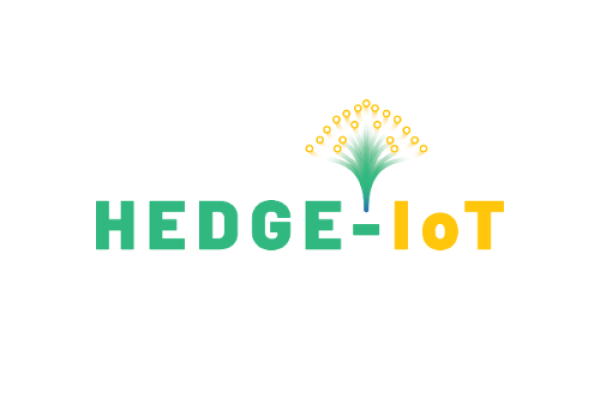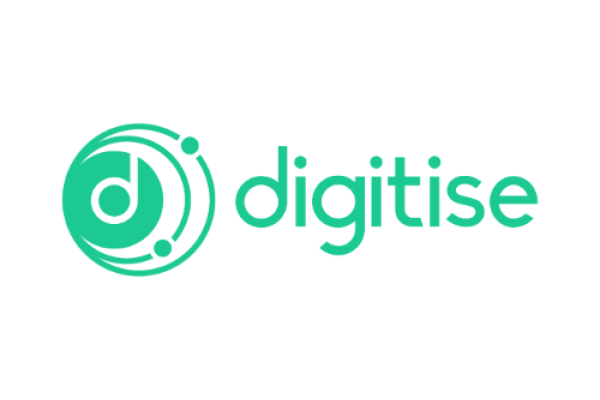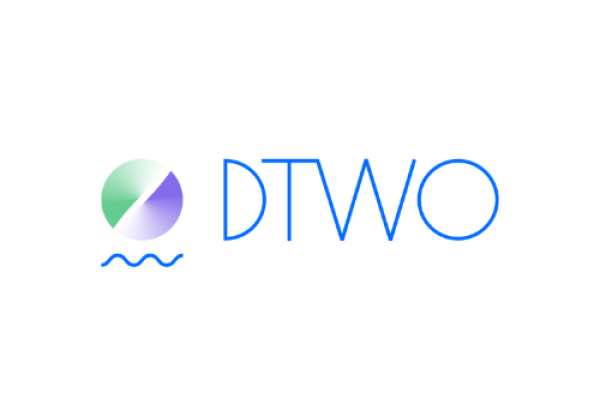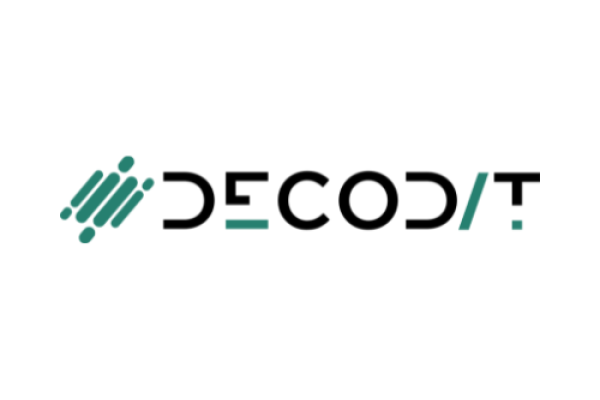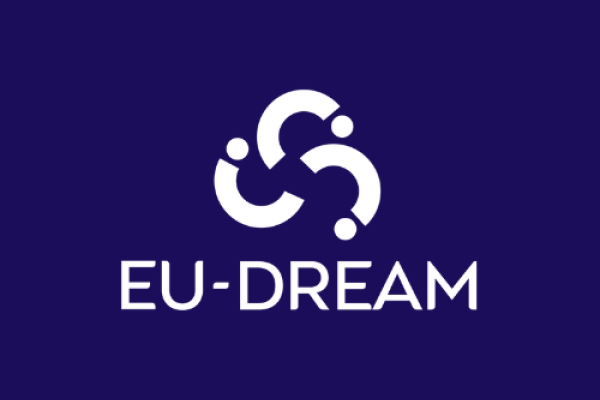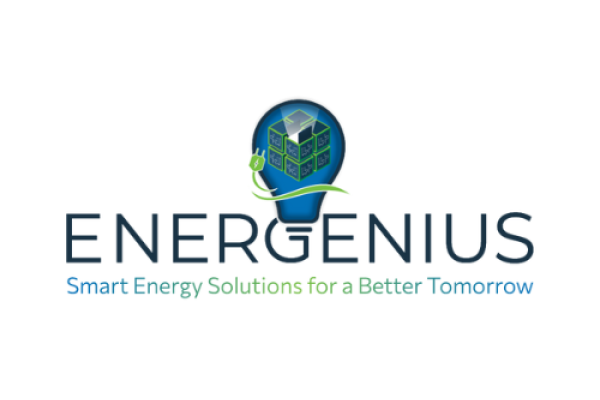
ENERGENIUS
The ENERGENIUS project reimagines how citizens, businesses, and communities interact with energy. By integrating cutting-edge digital tools, AI-driven insights, gamification, and expertise from 9 cross-sectors called “knowledge arenas”, ENERGENIUS empowers users to make smarter energy choices.

